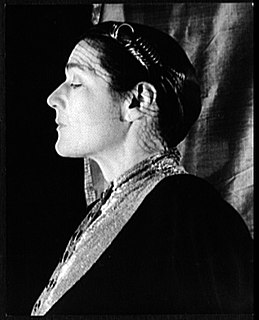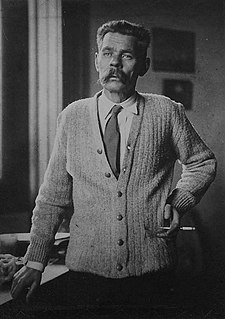A Quote by Paracelsus
Every physician must be rich in knowledge, and not only of that which is written in books; his patients should be his book, they will never mislead him.
Related Quotes
Crushed to earth and rising again is an author's gymnastic. Once he fails to struggle to his feet and grab his pen, he will contemplate a fact he should never permit himself to face: that in all probability books have been written, are being written, will be written, better than anything he has done, is doing, or will do.
There was a small boy on crutches. I do not know his name, and I suspect I never will. But I will never forget his face, his smile, his sorrow. He is one of the millions robbed of hope and dignity by charlatans discussed in this book. Wherever and whoever he is, I apologize to him for not having been able to protect him from such an experience. I humbly dedicate this book to him and to the many others who have suffered because the rest of us began caring too late.
He who, in an enlightened and literary society, aspires to be a great poet, must first become a little child. He must take to pieces the whole web of his mind. He must unlearn much of that knowledge which has perhaps constituted hitherto his chief title to superiority. His very talents will be a hindrance to him.
There are three infallible ways of pleasing an author, and the three form a rising scale of compliment: 1, to tell him you have read one of his books; 2, to tell him you have read all of his books; 3, to ask him to let you read the manuscript of his forthcoming book. No. 1 admits you to his respect; No. 2 admits you to his admiration; No. 3 carries you clear into his heart.
Instead of encouraging the student to devote himself to his studies for the sake of studying, instead of encouraging in him a real love for his subject and for inquiry, he is encouraged to study for the sake of his personal career; he is led to acquire only such knowledge as is serviceable in getting him over the hurdles which he must clear for the sake of his advancement.
You must never call your enemy by a name you choose for him." “Instead you must call him by the name he calls himself. What he chooses will reflect his pride; it will reveal his desires. But what you choose to call him will reveal your fears, which should be kept to yourself, lest your enemy find the way to exploit them.
Tell a devout Christian that his wife is cheating on him, or that frozen yogurt can make a man invisible, and he is likely to require as much evidence as anyone else, and to be persuaded only to the extent that you give it. Tell him that the book he keeps by his bed was written by an invisible deity who will punish him with fire for eternity if he fails to accept its every incredible claim about the universe, and he seems to require no evidence what so ever.
The writer's only responsibility is to his art. He will be completely ruthless if he is a good one. He has a dream. It anguishes him so much he must get rid of it. He has no peace until then. Everything goes by the board: honor, pride, decency, security, happiness, all, to get the book written. If a writer has to rob his mother, he will not hesitate; the 'Ode on a Grecian Urn' is worth any number of old ladies.
In every system of theology, therefore, there is a chapter De libero arbitrio. This is a question which every theologian finds in his path, and which he must dispose of; and on the manner in which it is determined depends his theology, and of course his religion, so far as his theology is to him a truth and reality





































